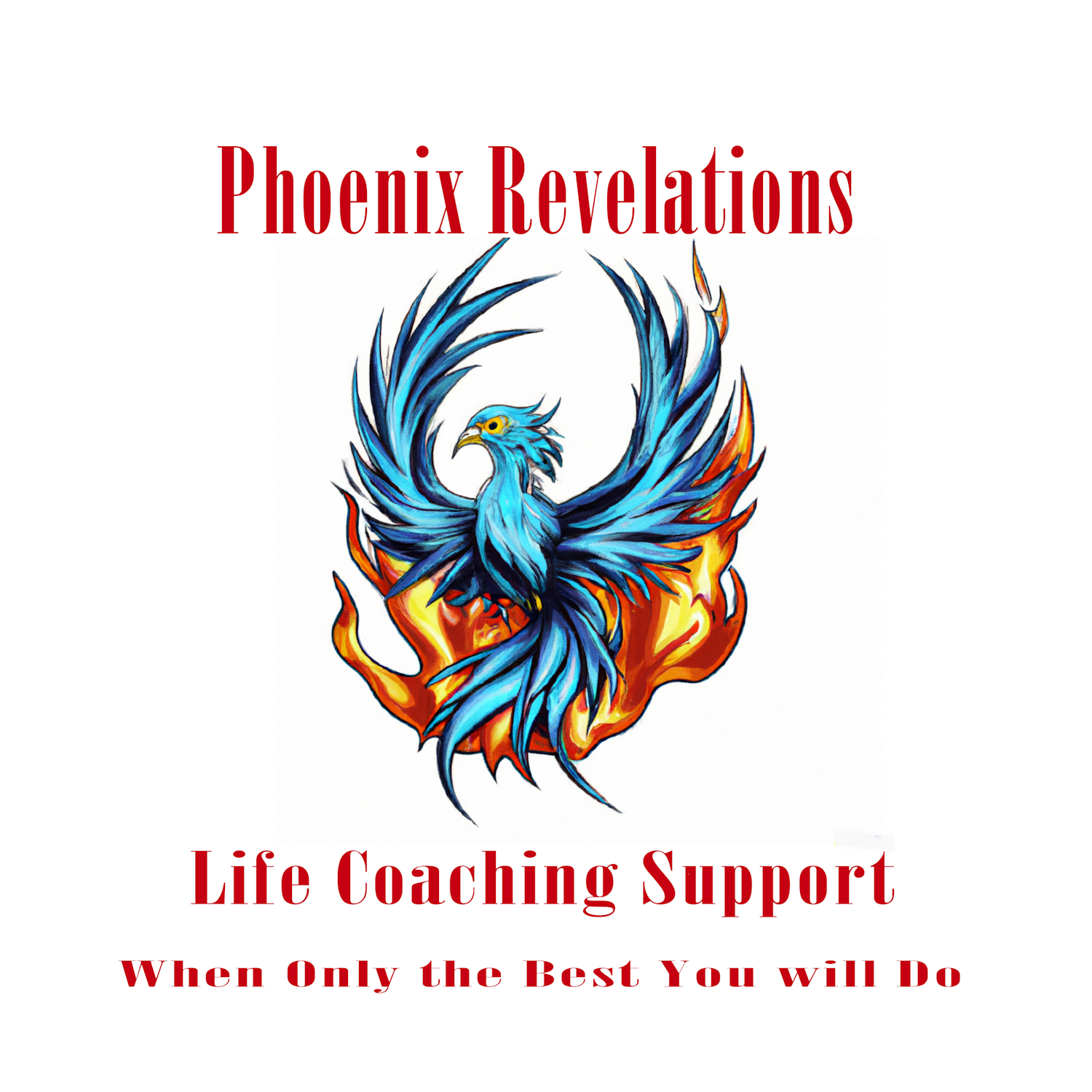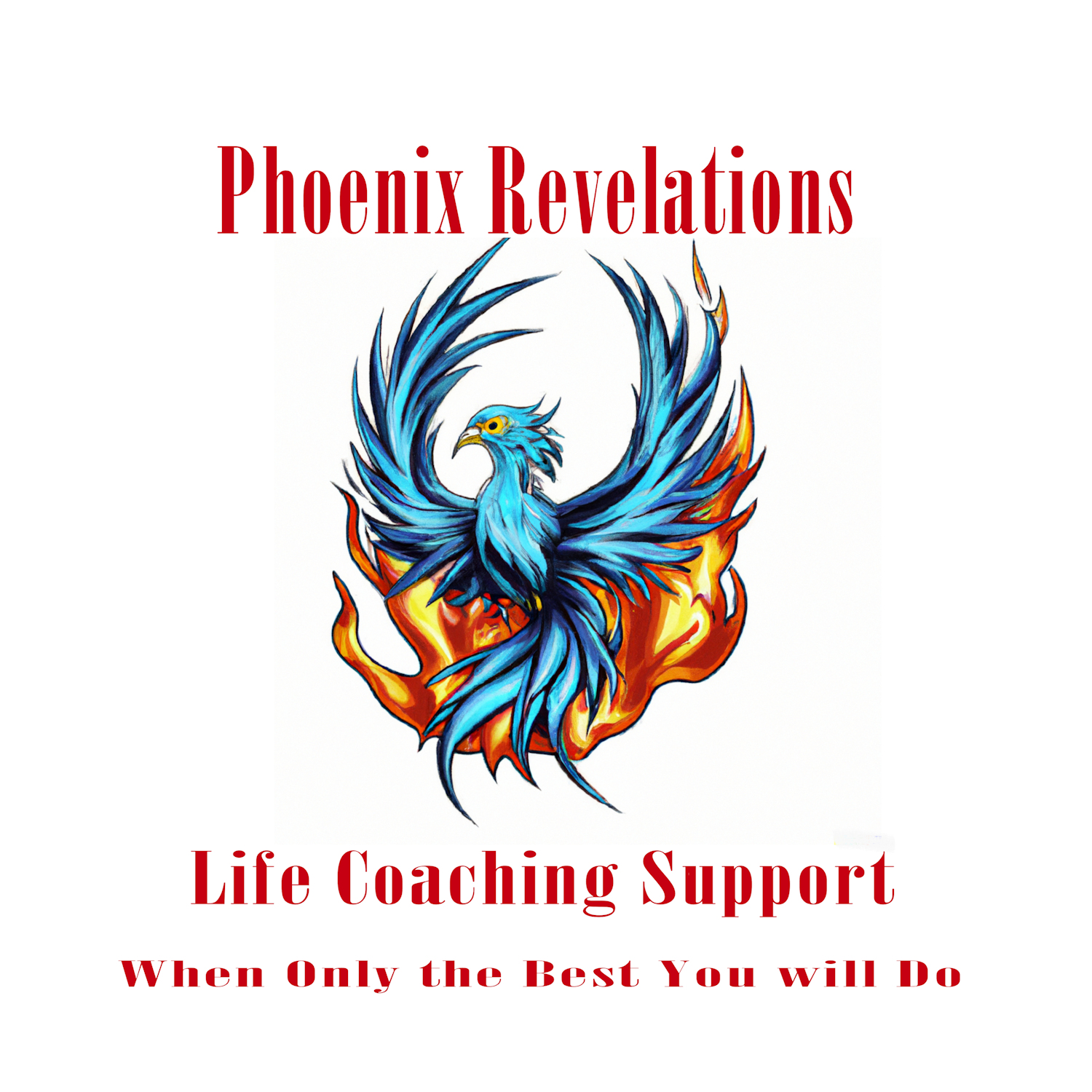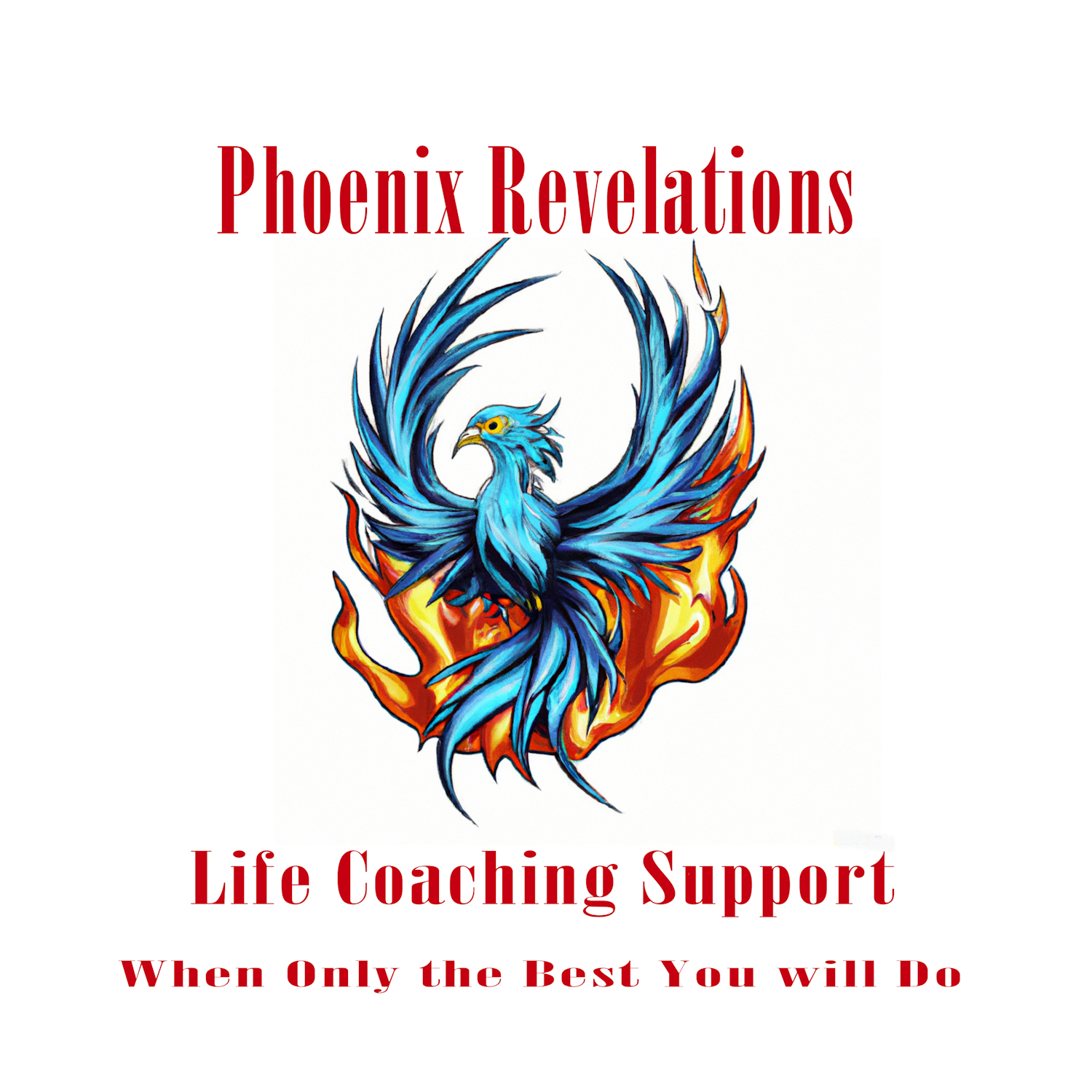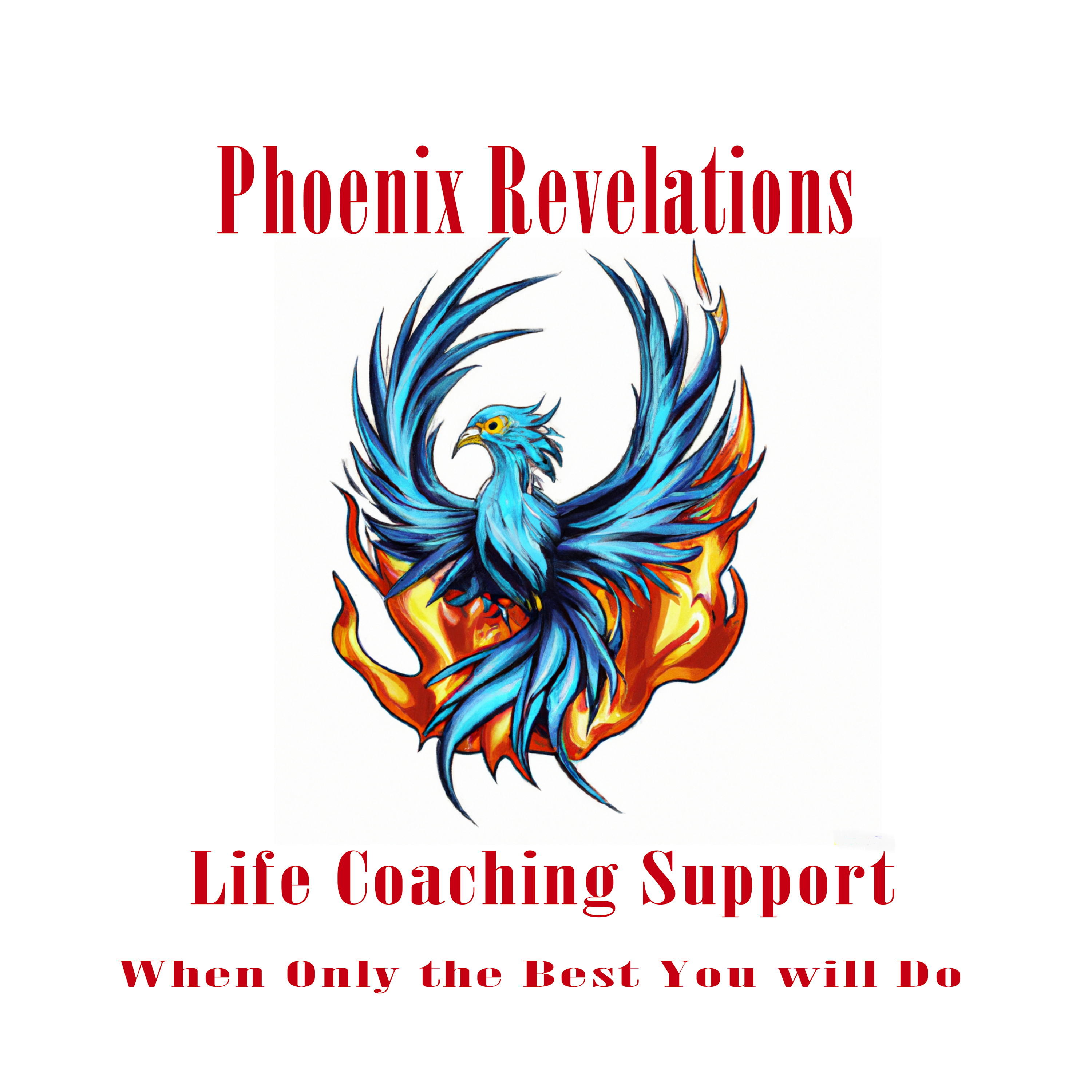Episode Transcript
Don't be there when it hits. The preceding is a statement that will save us all.
Look at the greatest fighters of all time who lasted. Their most excellent tool was their ability to avoid being hit. Running backs who took the punishment never lasted as long as those who avoided "the hit."
Muhammad Ali invented "the rope-a-dope." While never allowing an opponent to land a solid punch, the opponent would waste energy, and eventually, they could be countered effectively.
Now, let's take this concept to our lives. If a force wants to cause you harm, don't be available. An avoided encounter cannot harm you, physically, mentally, or emotionally.
In certain instances, we may not be able to avoid an encounter altogether. So, the next best thing is to "not be there mentally." If someone deliberately tries to harm you verbally, ignore them. Or, realize that the source isn't worth your energy.
While I was traveling to school one day, I saw an individual trying to dodge in and out of busy traffic on a main highway. I had noticed the erratic driving for several miles. However, when there is a lot of traffic, it's best to be patient. I was nearing my exit, so I looked into the lane I needed to enter and activated my indicator, as I was already three-quarters of the way into the lane. The same driver comes from two lanes over between cars and almost slams into the back of me.
The driver is blowing the horn and flashing their lights. As we drove a little way down the highway, they moved next to me and began to become verbally aggressive. I paid no attention until they were swerving close to my car. I looked over, and this driver made a hand gesture and shouted, "F you." I replied, "No, thank you." This immediately caught them by surprise and de-escalated the situation.
In another instance, I was driving two people around. They were both drunk. The passenger in the front began to insult. His tirade became threatening. He finally said, "I should just whip your ass." I turned to him calmly and asked if that would make him feel better. He was dumbfounded and calmed down.
I am in no way saying we can meet every instance with avoidance or de-escalation. But fighting fire with fire, everyone burns. Always fight fire with water.
A technique used by Africans hundreds of years ago, during bushfires, was to control-burn an area that an uncontrolled fire was approaching. Once the fire reached the burned-out area, it had no fuel to sustain itself.
I have clients who are in situations that they cannot immediately exit from. One of the techniques I suggest is not allowing the situation to "get under their skin." Suppose someone likes to insult or degrade you. They are the ones with the mental and emotional problems. Let their problems be theirs.
However, beware because verbal attacks often result in physical attacks later.
I was a student of Aikido for many years. One of the practices was the push-pull. If your opponent pushed, you pulled, and vice versa. The point is to use the momentum of the adversary against them. The excellent book "The Art of War" also refers to this strategy.
Unfortunately, many people find pleasure in causing harm and chaos to others. It is best to avoid dealing with them. However, we cannot prevent all instances. In these instances, de-escalation is the first option. Allow yourself to work, "in the gap." The gap lies between the action or words and the choice to respond rather than react.
A response is a well-thought-out action that benefits your well-being. In comparison, a reaction is basically whatever, with no forethought.
An ounce of prevention is worth a pound of cure. We have all performed actions or used words we later regretted.
Whether it is mentally, physically, or emotionally, sometimes it pays not to be there.
Life can throw many curveballs. Sometimes you know they are coming, and sometimes you don't. But we do know that failing to plan is a plan to fail.
Well, my friends, I hope you find this helpful information. Love yourself and try to be in the company of those who love you back.
Until next time. Be safe, happy, and healthy.
How about that?




